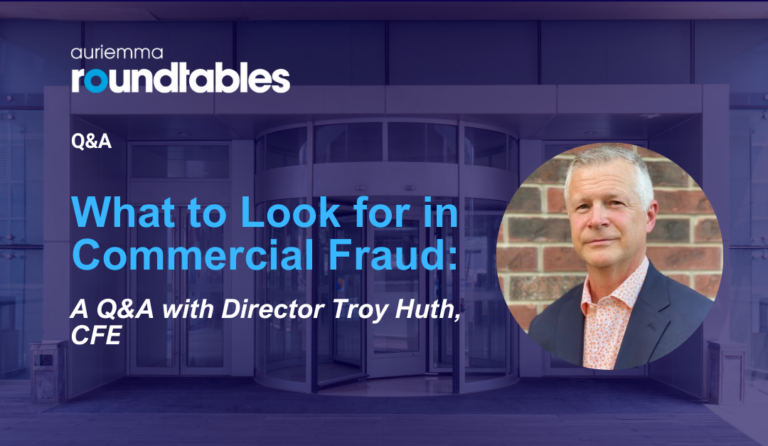October 31, 2024
Managing Quantity and Quality of SARs Amid Increasing Scrutiny
Anti-money laundering (AML) efforts are a core aspect of financial institutions’ compliance obligations.
In recent years, regulators have levied consent orders, billions in fines, and severe sanctions for financial institutions that failed in their role to help police financial crimes. To comply, banks must file Suspicious Activity Reports (SARs) with regulators when they detect potentially illicit activity.
The challenge: Finding a balance between the quality and quantity of these reports, which directly impacts regulatory compliance, operational risk management, and overall effectiveness in combating financial crime.
Shifting Regulatory Expectations
The scope of SARs is broad, covering a wide range of suspicious behaviors such as large, unusual, or structured cash transactions, wire transfers, patterns of suspicious movement of funds, account manipulations, and the use of potentially fraudulent documents. In the context of AML, SARs are a first line of defense.
Regulators have gradually tightened expectations for SAR filings, emphasizing the need for detailed and substantive information. This has increased pressure on banks to not only identify suspicious activity, but to provide high-quality SARs that contain actionable intelligence. At the same time, banks face heightened scrutiny if they fail to file SARs when necessary or if they file reports that are considered insufficiently detailed.
Banks’ Pressure to Maintain Quantity and Quality
Increased SAR volume is straining compliance teams, prompting some institutions to evaluate best practices to manage the workload.
One best practice is to re-educate staff on genuinely suspicious activity to reduce false positive rates while maintaining the same risk tolerance. Banks also emphasize the importance of documenting the training process and demonstrating that robust controls remain in place.
However, there is a perception that SARs quantity is a key metric of compliance and due diligence. There is a view that issuing fewer SARs – even if they are more detailed and higher quality – could attract the scrutiny of regulators.
In some cases, these types of concerns can lead to a focus on volume, in which the emphasis is on meeting SAR “quotas” rather than on the substance of the reports. This dynamic can lead to an increase in the number of SARs that are filed simply to maintain a certain volume, even if those reports lack the level of detail required to make them effective.
The Regulatory Expectation: Demanding Quality
Regulators have made it clear that SARs lacking in key details or filed with vague reasoning are not sufficient to meet compliance obligations. For example, if an institution reports a customer suspected of layering money through multiple accounts, a high-quality SAR provides a full picture of the transaction patterns, account movements, and any unusual customer behavior.
Financial institutions that consistently file high-quality SARs are more likely to meet the expectations of regulators and avoid penalties. Moreover, high-quality SARs enhance the effectiveness of AML programs by enabling better tracking and detection of financial crime patterns.
The Impact on AML Compliance Teams
The tension between quality and quantity in SAR filings reflects broader challenges in the AML landscape. Banks must balance the pressures of regulatory expectations and internal risk management while ensuring that their compliance programs remain effective. Over- and under-reporting both carry significant risks.
Fortunately, AML teams don’t need to navigate this environment alone. Industry Roundtables and benchmarking initiatives can provide AML managers with valuable insights into best practices and emerging trends. Groups like Auriemma Roundtables’ BSA/AML Roundtable allow institutions to share strategies for balancing the quality and quantity of SAR filings, identify common challenges, and learn from the experiences of their peers. They offer a proactive approach to staying ahead of regulatory changes while enhancing the overall effectiveness of a bank’s AML efforts.
About Auriemma Roundtables BSA/AML Roundtable
The BSA/AML Roundtable is an exclusive platform tailored for anti-money laundering professionals in the banking sector. It fosters collaboration on best practices for identifying financial crime and reducing losses while managing compliance risks. Members engage in private discussions on topics such as navigating SARs, sanctions, upcoming regulatory changes, and the broader compliance landscape.
For more information, contact Troy Huth or Zeenat Shah.



